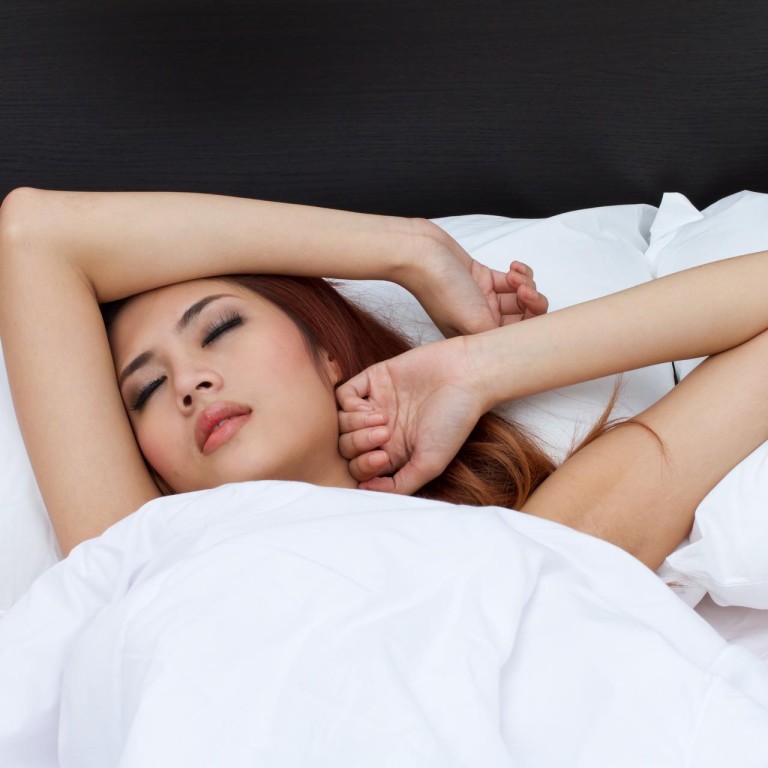
Are there foods to help you sleep? Scientists sift fact from fancy
Sleep. Oh, to sleep. A good night's sleep is often a struggle for many adults. And for occasional insomnia, there are good reasons to avoid using medications, whether over-the-counter or prescription.
Sleep. Oh, to sleep. A good night's sleep is often a struggle for many adults. And for occasional insomnia, there are good reasons to avoid using medications, whether over-the-counter or prescription.

Michael Grandner, a sleep researcher at the University of Pennsylvania in the United States, said the best way to start adjusting your diet was to eliminate foods that interfere with sleep.
"The obvious one is caffeine," he said, "but people forget about it". They'll have a soft drink at dinner or a cup of coffee with dessert. Caffeine typically stays in the body for four to six hours, he said, "but some people are more sensitive and the effect might last twice that long".
Alcohol is also bad for sleep. While it may make it easier to doze off, it makes your sleep more shallow, Grandner said. "It suppresses REM sleep early in the night, which can lead to REM rebound later", and that can wake you up. Also, as alcohol is metabolised, one of its byproducts has stimulant action.
Grandner also advises avoiding nicotine, large meals and spicy foods at dinnertime.
As for foods that supposedly promote sleep, there is some science behind these supposed dietary sleep aids, but it's piecemeal at best. For example, turkey contains tryptophan, which is a building block for serotonin, a chemical involved in sleep. But there's nothing special about turkey, as all meat contains tryptophan - as does warm milk.
Studies that found a tryptophan effect relied on doses that would mean eating 450 grams of meat at a sitting, Grandner said.
What about other supposed remedies? Dairy products are a good source of calcium, and nuts and grains contain magnesium. Miso soup, fish and yogurt contain B vitamins such as B6.
"These are all molecules important in sleep and sleep regulation," Grandner says. But merely eating them doesn't mean the nutrient goes directly to sleep pathways in the brain.
That said, sleepy-time foods don't have any worrisome side effects. And the ritual of drinking something before bed may be conducive to sleep, says Wilfred Pigeon, a sleep researcher at the University of Rochester in the US.

